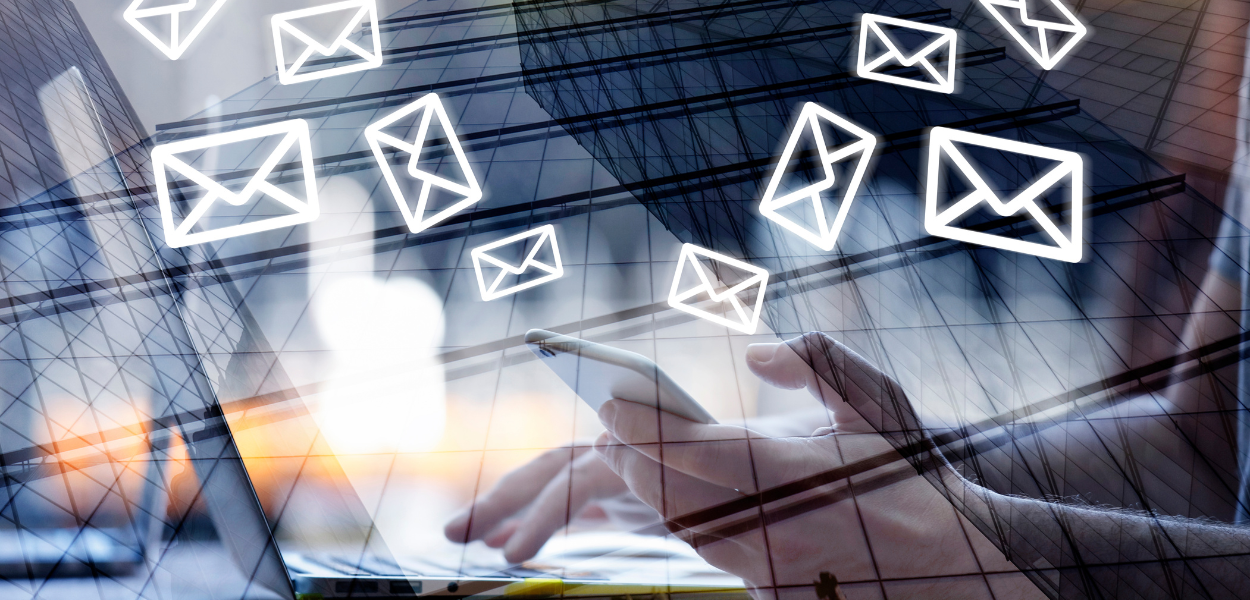Introduction
In the ever-evolving landscape of cybersecurity, the threat of phishing and spoofing attacks has become increasingly prevalent. As businesses continue to rely on email as a primary mode of communication, it's crucial to prioritize the security of these digital channels. One such area that demands attention is the security of Office 365 email, a platform that has risen in popularity and, consequently, become a prime target for malicious actors.
Starting in 2024, both Google and Yahoo now require bulk email senders to implement DKIM and DMARC on their email systems. There are limited penalties initially, but the severity will increase over time.
To combat these challenges, two key email authentication protocols have emerged as essential tools in the arsenal of modern cybersecurity: DKIM (DomainKeys Identified Mail) and DMARC (Domain-based Message Authentication, Reporting & Conformance). These protocols work in tandem to provide a robust defense against phishing and spoofing attempts, ensuring the integrity of your business email communications.
What are DKIM and DMARC?
DKIM (DomainKeys Identified Mail)
DKIM is an email authentication protocol that adds a digital signature to outgoing emails. This signature allows recipient email servers to verify the authenticity of the sender's domain, ensuring that the email has not been tampered with or spoofed.
The DKIM authentication process works as follows:
- The email sender's email server generates a private cryptographic key and a public key.
- The private key is used to sign the email's content and header information, creating a digital signature.
- The public key is then published in the sender's Domain Name System (DNS) records, allowing recipient email servers to access and verify the signature.
- When the recipient email server receives the message, it retrieves the public key from the sender's DNS records and uses it to validate the digital signature. If the signature is valid, the email is deemed authentic.
DMARC (Domain-based Message Authentication, Reporting & Conformance)
DMARC builds upon the foundations of two other email authentication protocols: Sender Policy Framework (SPF) and DKIM. While SPF and DKIM provide the means to authenticate the sender's domain, DMARC takes it a step further by specifying how recipient email servers should handle messages that fail authentication.
DMARC accomplishes this by:
- Telling recipient email servers what to do with emails that fail SPF or DKIM authentication (e.g., reject, quarantine, or simply report the failure).
- Providing a mechanism for the sender to receive detailed reports about the authentication status of their emails, allowing them to monitor and troubleshoot any issues.
By implementing DMARC, businesses can take a proactive approach to protecting their domain from being used in phishing and spoofing attacks.
Why DKIM and DMARC Matter in 2024
In an era where cyber threats continue to grow, email remains one of the most vulnerable attack vectors for businesses. Phishing scams, increasingly sophisticated spoofing attempts, and fraudulent emails disguised as legitimate business communications pose a significant risk to organizations of all sizes. This is where DKIM and DMARC step in as vital defenses.
- Protection Against Spoofing and Phishing: The primary function of both DKIM and DMARC is to prevent attackers from impersonating your business domain. DKIM adds a digital signature to your outgoing emails, allowing recipient servers to verify that the email truly originated from your company. DMARC then dictates how to deal with emails that fail authentication – they can be quarantined or outright rejected. This combination significantly reduces the success rate of spoofing and phishing attempts.
- Improved Email Deliverability: Emails lacking proper authentication are much more likely to be caught in spam filters or even blocked entirely by recipient mail servers. Both DKIM and DMARC act as signals of trustworthiness, establishing you as a legitimate sender. This leads to better inbox placement and a higher chance of your important emails reaching their intended targets.
- Enhanced Brand Reputation: With DKIM and DMARC in place, you substantially lower the risk of your clients or customers falling victim to fraudulent emails sent in your company's name. This protects your brand's reputation and fosters trust, as your recipients are more confident that emails sent from your domain are genuine.
- Compliance and Increased Security Posture: Certain industries and regions may have regulatory requirements around email security. Implementing DKIM and DMARC often helps meet these compliance standards. Moreover, these protocols contribute to a more robust overall cybersecurity posture, minimizing the risk of email-based attacks.
The Urgency of 2024
While these benefits have always been important, the year 2024 brings a sense of urgency. Major email providers like Google and Yahoo have set deadlines for stricter DMARC enforcement policies for bulk email senders. To ensure seamless delivery and avoid disruptions, businesses need to have their DKIM and DMARC configuration in place well ahead of time.
In Summary
DKIM and DMARC are not merely technical niceties – they're safeguards for your business communications. In 2024, their role in protecting your company reputation, preventing financial losses due to fraud, and ensuring your emails reliably reach their destination is more critical than ever.
Conclusion
In the ever-evolving landscape of cybersecurity, the security of your business email communications must be a top priority. DKIM and DMARC have emerged as essential tools in the fight against phishing and spoofing attacks, particularly for organizations relying on Office 365 as their email platform.
By implementing these protocols, you can protect your business from email-based threats, improve email deliverability, and safeguard your brand reputation. As we move forward into 2024 and beyond, the adoption of DKIM and DMARC will continue to be a critical step in ensuring the security and reliability of your email communications.
Don't wait to secure your business email. Take the necessary steps to implement DKIM and DMARC today, and ensure that your organization is better equipped to navigate the challenges of the digital age.
iPing provides managed services and IT services. We can help provide you with an overview of your current setup, and what email protections you have in place. So if you need some help with implementing DKIM or DMARC on your system then please contact us or give us a call on 01-5241350.


